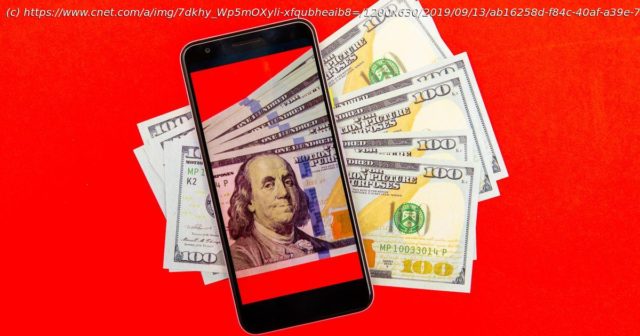As El Salvador officially adopted Bitcoin as legal tender on Tuesday — making it the first country to do so — it also rolled out Chivo, its …
As El Salvador officially adopted Bitcoin as legal tender on Tuesday — making it the first country to do so — it also rolled out Chivo, its own state-sponsored Bitcoin wallet. Things did not go smoothly. The Bitcoin Law, which the country’s government passed in June, ensures the « automatic convertibility » of Bitcoin to dollars. Exactly what that means in practice remains to be seen. But in a nation where few citizens have bank accounts and foreign money transfers are a central economic driver, the move toward Bitcoin could be a game-changer. Still, a wide range of issues — ranging from entrenched corruption to Bitcoin’s own volatility — makes the road ahead a risky one. An official embrace of Bitcoin signals meaningful changes — both for El Salvador and the cryptocurrency itself. Read on for a breakdown of the issues and context. As a poor country with relatively few natural resources, El Salvador has long struggled with economic instability. Lacking its own official currency, the country previously used US dollars as its only currency. (Bitcoin will not replace the US dollar, but will serve as an alternative.) But El Salvador is a sovereign nation, not a US territory. That means the monetary policies set by the US’ Federal Reserve don’t necessarily cater to El Salvador’s fiscal needs. As a decentralized currency, Bitcoin doesn’t give El Salvador any additional monetary power or control — but at least the country won’t be at the mercy of a foreign government’s economic policies or fortunes.






